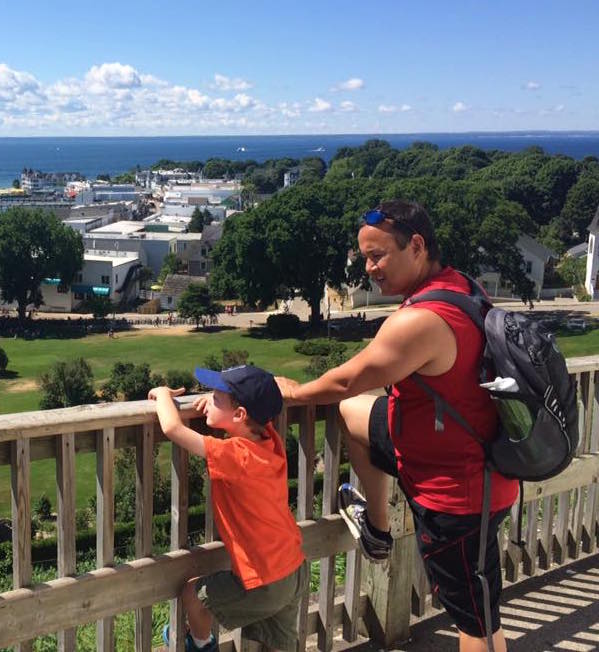From the Petoskey News-Review (miigwetch to A.K.):
BLISS TOWNSHIP — Spurred by last year’s public outcry not to drain Lake O’Neal, the Little Traverse Bay Bands of Odawa Indians set out to collect fishery, wildlife and water quality data.
Now that the compilation is complete, the tribe will present its findings to the public beginning at 7 p.m. on Thursday at the Bliss Township Hall.
Doug Craven, the natural resources director for the tribe, said Lake O’Neal is unique to the tribe and the data was collected to help inform better decisions for it in the future.
“It’s one of the few lakes that’s completely within the tribal reservation area,” he said. “We recognized the gap regarding fisheries data and there was substantial public interest. We conducted the data to see if it matched the public’s perception and it appears that it does.”
Bill Parsons, an inland fisheries biologist with the tribe, said the data helps provide a baseline inventory on the lake cataloguing both the types of fish and birds that populate it. Parsons said he found smallmouth bass, largemouth bass, blue gill, yellow perch, rock bass, pumpkinseed and northern pike making up the fishing, and a large population of water fowl, including osprey and loons, as well as bald eagles nesting around the lake.
“We’ve determined that it’s an important fishery for the wildlife,” he said.
Continue reading →


You must be logged in to post a comment.